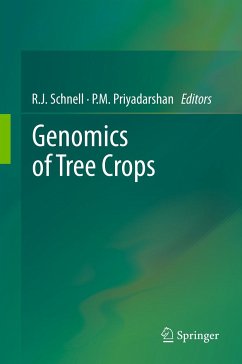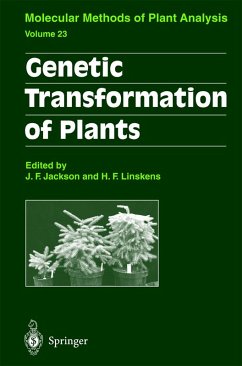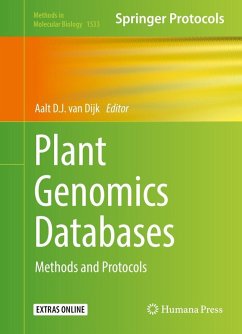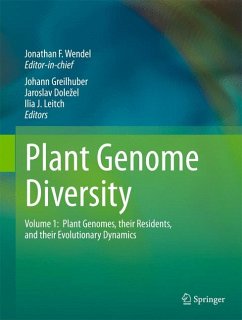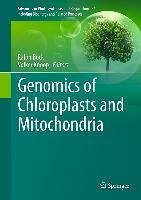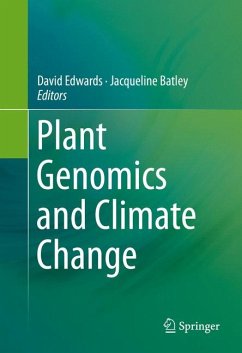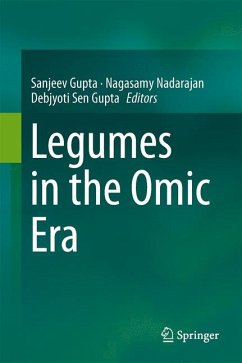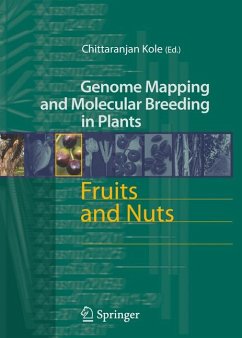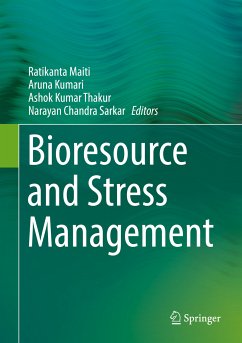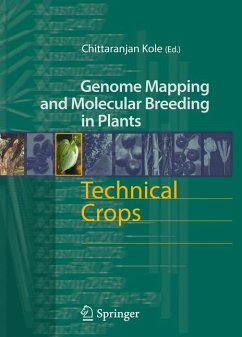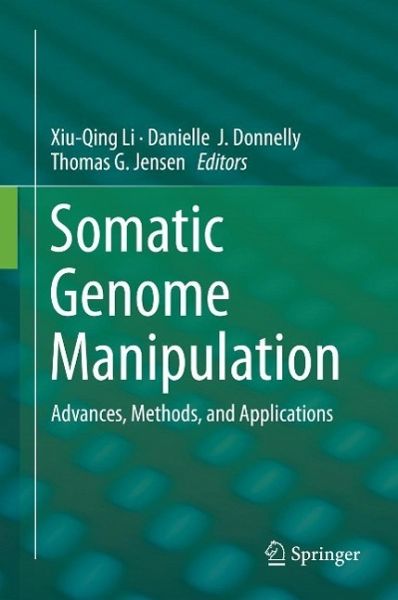
Somatic Genome Manipulation (eBook, PDF)
Advances, Methods, and Applications
Redaktion: Li, Xiu-Qing; Jensen, Thomas G.; Donnelly, Danielle J.
Versandkostenfrei!
Sofort per Download lieferbar
112,95 €
inkl. MwSt.
Weitere Ausgaben:

PAYBACK Punkte
56 °P sammeln!
Somatic genome manipulation is required when a sexual crossing approach cannot be used in breeding or genetic treatment of an individual organism. Examples can include gene- or cell-therapy of a person to correct disease, genetic improvement of vegetatively propagated plants, and genetic replacement of cytoplasm without significantly modifying the nuclear genome. The advantage of somatic genome manipulation is maintenance of the general genotype while correcting one or more traits. Somatic genome manipulation is also an option for genetic improvement of sexually propagated plants in polyploidy...
Somatic genome manipulation is required when a sexual crossing approach cannot be used in breeding or genetic treatment of an individual organism. Examples can include gene- or cell-therapy of a person to correct disease, genetic improvement of vegetatively propagated plants, and genetic replacement of cytoplasm without significantly modifying the nuclear genome. The advantage of somatic genome manipulation is maintenance of the general genotype while correcting one or more traits. Somatic genome manipulation is also an option for genetic improvement of sexually propagated plants in polyploidy breeding or in overcoming issues of sexual incompatibility. Recent novel technologies in somatic genome manipulation are developing quickly but much of this literature is fragmented and difficult or inconvenient to access. This book represents the first attempt to assemble updated reviews, detailed protocols, and their applications in all fields in which somatic genome manipulation has thrived. This is a truely one-of-a-kind work that brings together the most important and relevant advances in somatic genome manipulation in plants, algae, microorganisms, humans and animals, and demonstrates where the science interacts and where it diverges. The chapters are written by experts on the topic with ready-to-use protocols that were originally developed or adapted from the literature in their laboratories. We expect that this book will be useful for students, researchers, and teachers in both plant and animal research as a resource for the latest information on somatic genome manipulation and for its useful laboratory methods.
Dieser Download kann aus rechtlichen Gründen nur mit Rechnungsadresse in A, B, BG, CY, CZ, D, DK, EW, E, FIN, F, GR, HR, H, IRL, I, LT, L, LR, M, NL, PL, P, R, S, SLO, SK ausgeliefert werden.




